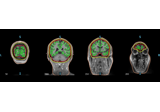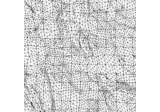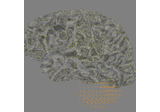mne.setup_source_space#
- mne.setup_source_space(subject, spacing='oct6', surface='white', subjects_dir=None, add_dist=True, n_jobs=None, *, verbose=None)[source]#
Set up bilateral hemisphere surface-based source space with subsampling.
- Parameters:
- subject
str The FreeSurfer subject name.
- spacing
str The spacing to use. Can be
'ico#'for a recursively subdivided icosahedron,'oct#'for a recursively subdivided octahedron,'all'for all points, or an integer to use approximate distance-based spacing (in mm).Changed in version 0.18: Support for integers for distance-based spacing.
- surface
str The surface to use.
- subjects_dirpath-like |
None The path to the directory containing the FreeSurfer subjects reconstructions. If
None, defaults to theSUBJECTS_DIRenvironment variable.- add_distbool |
str Add distance and patch information to the source space. This takes some time so precomputing it is recommended. Can also be ‘patch’ to only compute patch information (requires SciPy 1.3+).
Changed in version 0.20: Support for add_dist=’patch’.
- n_jobs
int|None The number of jobs to run in parallel. If
-1, it is set to the number of CPU cores. Requires thejoblibpackage.None(default) is a marker for ‘unset’ that will be interpreted asn_jobs=1(sequential execution) unless the call is performed under ajoblib.parallel_backend()context manager that sets another value forn_jobs. Ignored ifadd_dist=='patch'.- verbosebool |
str|int|None Control verbosity of the logging output. If
None, use the default verbosity level. See the logging documentation andmne.verbose()for details. Should only be passed as a keyword argument.
- subject
- Returns:
- src
SourceSpaces The source space for each hemisphere.
- src
See also
Examples using mne.setup_source_space#
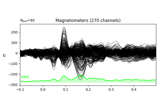
Working with CTF data: the Brainstorm auditory dataset
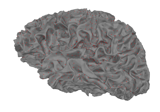
The role of dipole orientations in distributed source localization
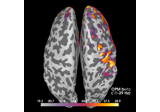
Compute source power spectral density (PSD) of VectorView and OPM data
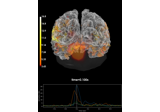
Compute MNE inverse solution on evoked data with a mixed source space
